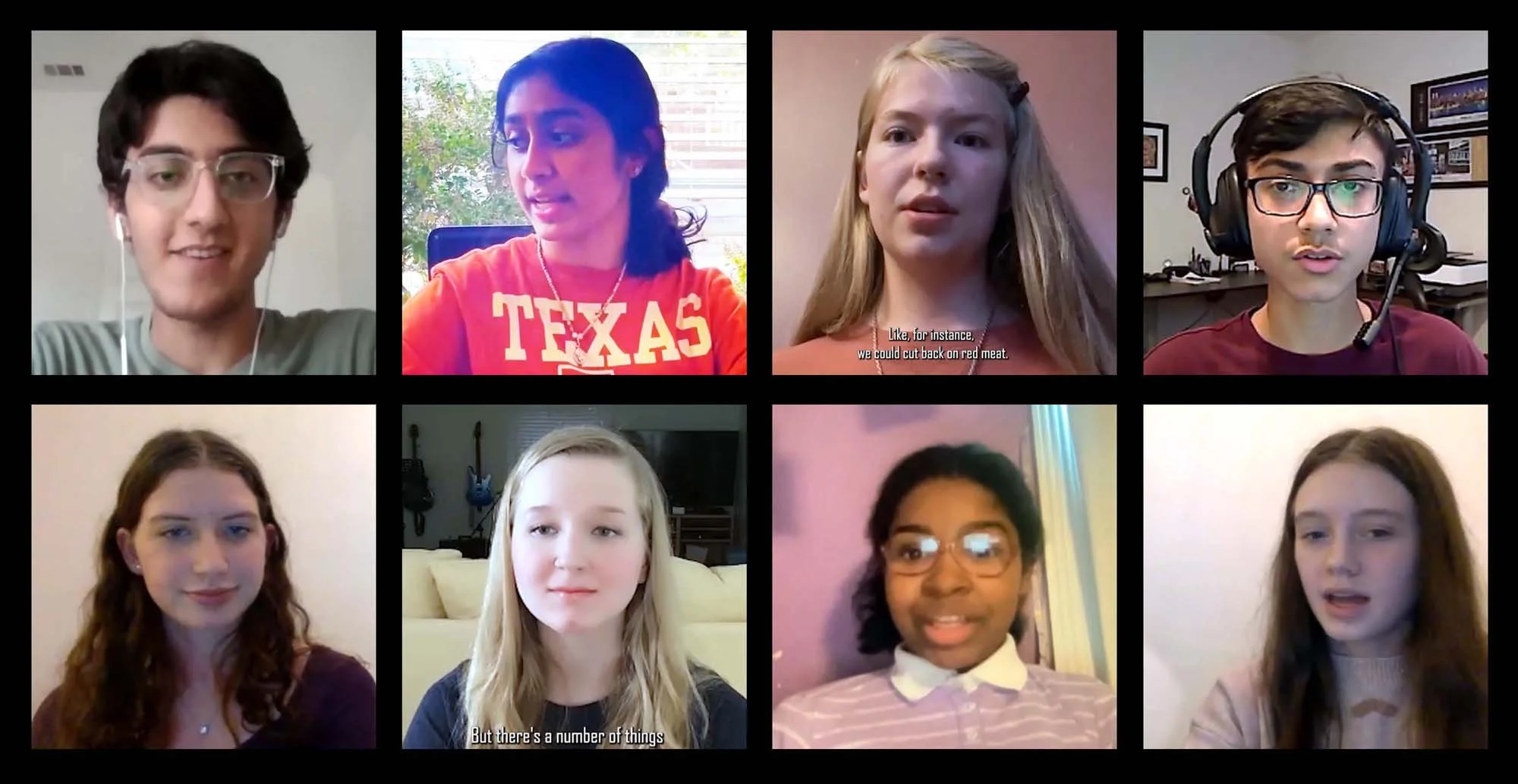In the October eNews, I previewed some of the anticipated themes of COP26, the annual United Nations Framework Convention on Climate Change (UNFCCC) Conference of the Parties, which concluded on November 13, in Glasgow, Scotland. Now comes my post-mortem.
Youth Fight Back: COP26 in Their Words
Exhilarated. Optimistic. Stressed. Excited. Nervous. Every time the dozen of us youth met -- calling from Illinois, Maryland, and Texas--we would end our conversation with a one word description about how we felt. These were a few words that I remember being thrown out, and I also remember after hearing them, how aptly they served as a reflection for the climate movement as a whole.
Once More into the Breach
For the next month the world will once again be focused on the treacherous global geopolitical terrain of climate change.
The 26th Conference of the Parties (COP26) of the United Nations Framework Convention on Climate Change (UNFCCC) will be held in Glasgow, Scotland, beginning on October 31. The talks are scheduled to end on Friday, November 12, but if recent experience is any guide will be extended over the weekend as agreements are forged and contentious issues are resolved—or not, in which case they will be tabled for later consideration. Kicking the can down the road is standard operating procedure for these meetings, as one might expect for a 196-member international body that must operate by consensus.
Q&A with Angela Tovar, Chief Sustainability Officer for the City of Chicago
As Chief Sustainability Officer for the City of Chicago, Angela Tovar has a big job: steering Mayor Lightfoot’s policy on environmental protection and climate change in addition to being a liaison between City Hall and community organizations in Chicago’s most polluted areas.
Q: What are some key points of that investment [to mitigate the effects of climate change]?
A: We’re focused on green infrastructure and flood-mitigation in vulnerable communities. And we will be planting 75,000 trees across the city over the next five years, for all the gifts trees provide, including heat mitigation. We’re supporting retrofitting for energy efficiency in low- to moderate-income housing and neighborhood-anchor institutions. And many other things—connecting residents with renewable-energy sources; finding better waste management solutions, including for organic waste; and exploring greener transportation options.
Q&A with Kyra Woods, Policy Advisor with the City of Chicago
While on staff with the Illinois Sierra Club, Kyra Woods established and facilitated The Ready for 100 Collective, a coalition of local environmental and community organizations working to ensure Chicago’s equitable transition to renewable energy. She is now a member of the Policy Team in the City of Chicago Office of the Mayor.
Q: What’s on the top of your mind these days?
A: A serious matter. I’m reflecting on the recent Intergovernmental Panel on Climate Change (IPCC) report. The issues it highlights are not new, but it underscores the need for ambitious and coordinated action. I’m grateful to have a team to work with, committed members across this department, with partners at the county level and—so essential—also at the community level. Together, we’re focused on addressing a range of environmental issues such as waste management, carbon reduction, and air and water quality.
Red Alert on Climate Change in United Nations Climate Report
The very first finding in the United Nations Intergovernmental Panel on Climate Change (UNIPCC, or simply, IPCC) August 9 report is this:
“It is unequivocal that human influence has warmed the atmosphere, ocean and land. Widespread and rapid changes in the atmosphere, ocean, cryosphere and biosphere have occurred.”
I strongly suspect that this is the first time the word “unequivocal” has appeared in an IPCC report, given the IPPC’s “calibrated language” and the fact that these reports require both scientific and political consensus. Artist Alisa Singer illustrated one thread of the evidence for human-caused climate change.






